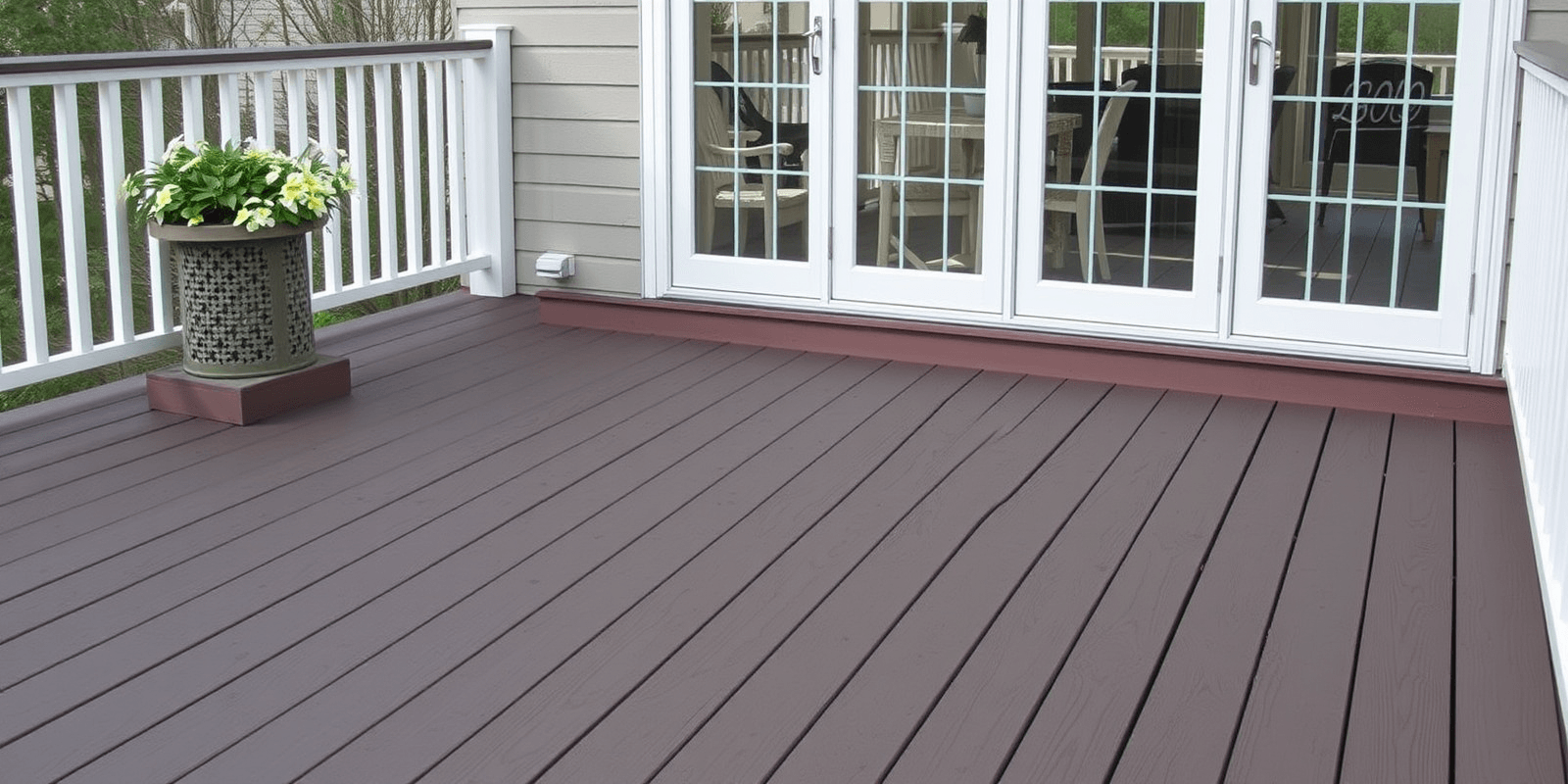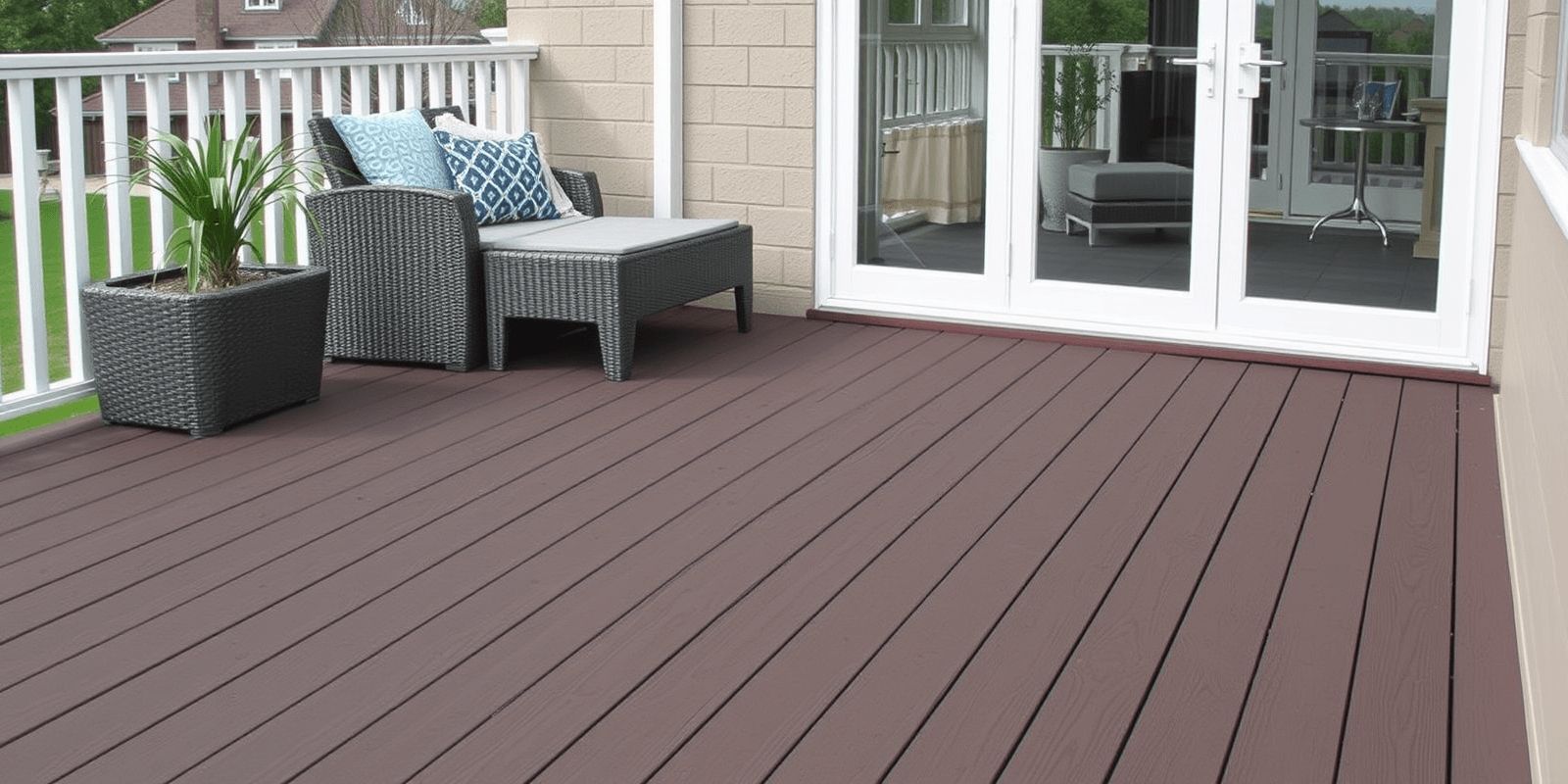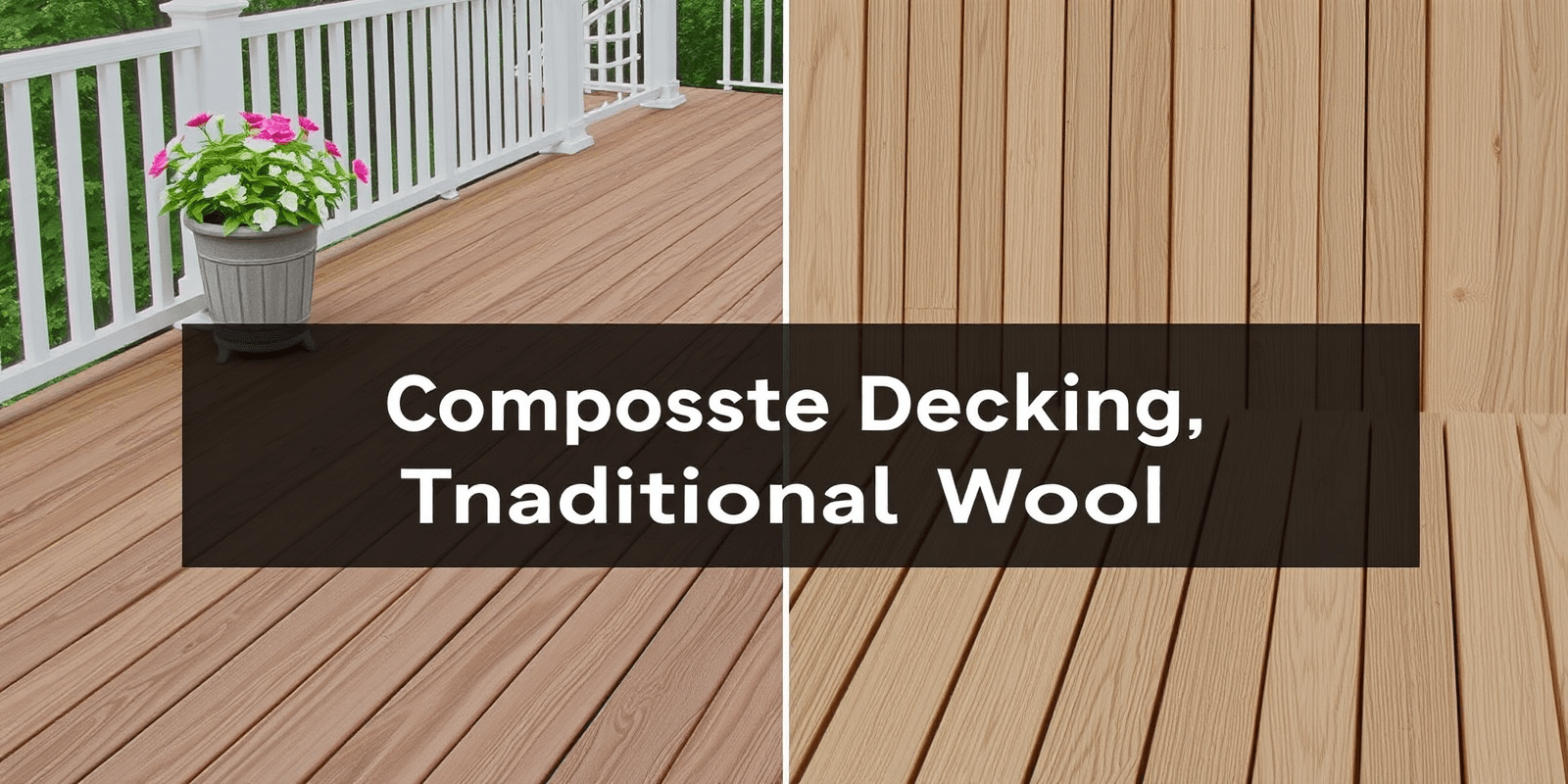“`html
Will Borate Harm Composite Decking?
Introduction
Composite decking has become increasingly popular due to its durability, low maintenance, and aesthetic appeal. However, concerns have arisen about the impact of borate treatments on this material. This article delves into the potential effects of borate treatments on composite decking, exploring chemical reactions, long-term durability, and maintenance implications.
Understanding Borate Treatments
Borate treatments are often used in wood preservation to enhance resistance against fungi, insects, and other pests. The primary components of borate treatments include borax (sodium tetraborate) and boric acid. These compounds work by creating an environment that is inhospitable to organisms that cause decay and damage.
Chemical Reactions with Composite Decking
Composite decking is typically made from a combination of wood fibers and thermoplastics, such as polyethylene or polypropylene. The interaction between borates and these materials is complex. While borates do not chemically react with plastic components, they can interact with wood fibers. However, the wood fibers in composite decking are already chemically treated to resist decay, which may limit the effectiveness of additional borate treatments.
Long-Term Durability Concerns
One of the main concerns regarding borate treatments on composite decking is their long-term impact on durability. Some studies suggest that while borates can provide additional protection against biological degradation, they may also accelerate the degradation of certain composite materials over time. This is particularly true if the borate treatment is applied improperly or in excessive amounts, leading to potential swelling or weakening of the composite structure.
Maintenance Implications
Maintaining a composite deck treated with borates requires careful consideration. While borate treatments can extend the life of the deck by providing enhanced resistance to pests and decay, they may necessitate more frequent cleaning and sealing. Additionally, improper application can lead to discoloration or staining, requiring additional maintenance efforts.
Conclusion
While borate treatments can offer additional protection for composite decking, it is crucial to weigh the potential benefits against the risks. Proper application and regular maintenance are key to maximizing the lifespan of your composite deck. Consulting with professionals and conducting thorough research can help ensure that your choice aligns with your specific needs and environmental conditions.
“`



